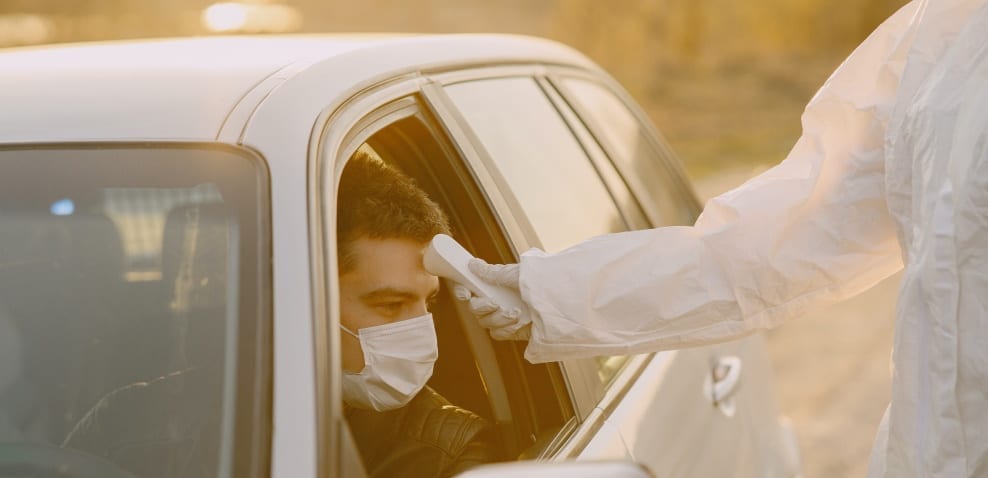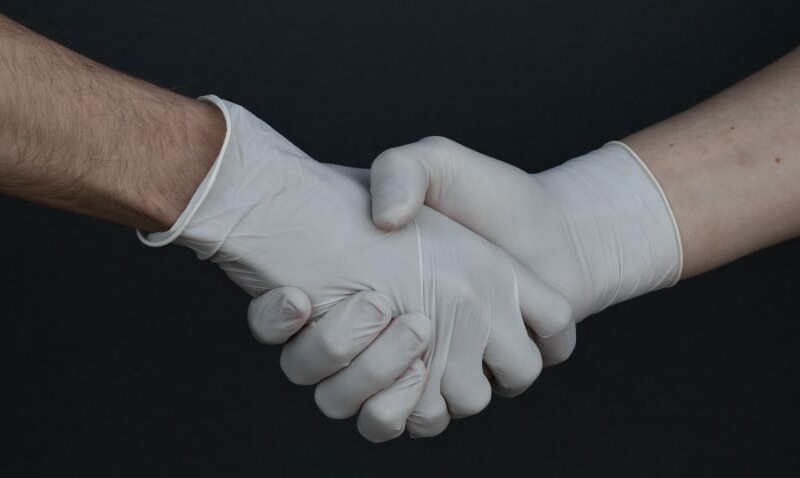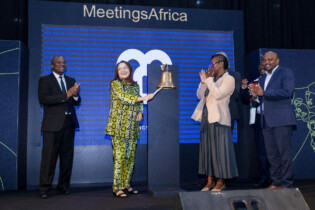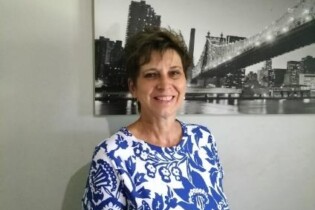South African Tourism (SA Tourism) hosted a webinar on 20 May 2020 to discuss the impact of lockdown on the MICE industry, and what should be done to help sustain the sector. SA Tourism CEO, Sisa Ntshona, hosted the discussion, with guests Glenton de Kock, CEO of the Southern African Association for the Conference Industry (SAACI), and Projeni Pather, Chairperson of the Association of African Exhibition Organisers (AAXO).

A critical point that both de Kock and Pather made was that Meetings, Incentives, Conferences and Exhibitions (MICE events) should be distinguished from public gatherings (as is being done in Germany – read about this here). This is because they are highly organised and regulated, which gives them a different risk profile. All guests’ details are recorded and traceable, and the final attendance list is known. The degree of control over who can attend an event can also be extended to when they can, added Pather, with exhibitions being able to have staggered visiting hours to disperse visitors evenly throughout the duration of a show.
MICE events should be distinguished from public gatherings… because they are highly organised and regulated events, which gives them a different risk profile.
Additional regulations to improve sanitation, provide health checks at registration and ensure social distancing at business events, for example, are relatively straight-forward add-ons to the existing health and safety requirements.

Pather also pointed out that, while there are overarching guidelines from the Department of Health, the retail industry is operating without any specific protocols to ensure the safety of their customers. This means different retailers have different rules – and standards.
In contrast, the MICE industry associations have come together to establish the South African Events Council (read more about this here) which will, among other tasks, develop COVID-19 safe protocols for the industry to operate under. By working together, the aim is to ensure the new requirements can be effectively and equitably implemented and managed by all stakeholders, in order to allow the MICE sector to safely start operating sooner.
By working together, the aim is to ensure the new requirements can be effectively and equitably implemented and managed by all stakeholders, in order to allow the MICE sector to safely start operating sooner.
Other issues touched on in the discussion include:
- The industry has been encouraged everyone to postpone and not cancel events, so businesses can continue to operate. However, the uncertainty of when organised events will be possible makes it challenging for venues to accommodate all events. This is across the board for large and small events, as well as corporate and consumer events.
- New COVID-19-safe health and safety standards will push up the cost of hosting events. For example, if venues are operating at 50% capacity due to social distancing, the cost per delegate (in theory) is doubled. This, coupled with the fact that many clients will be struggling because of the extended lockdown, will make it harder to secure events once they are able to take place.
- The current government funding has not been sufficient to keep the industry going, so more financial support is needed.
- Without economic support, the industry risks the loss of both businesses and highly skilled people. This will be problematic for when MICE events are allowed to resume.
- It was also noted that other sectors and industries benefit from business events. The MICE industry is an important driver of economic growth and will have a vital role in helping to rebuild South Africa’s economy going forwards.
- The MICE industry needs to keep talking to its clients in order to better understand their needs, and to remain visible. At the same time, it is also important to educate clients on the value that events can deliver for their business.
- Hybrid events are a good solution to allow the ‘attendance’ of guests who cannot travel to events. However, while hybrid and virtual events are useful tools, both de Kock and Pather believe they will always be complementary to face-to-face events.
You can watch the full webinar here:
The Tourism Business Council of South Africa (TBCSA) is also engaging with various stakeholders to develop COVID-19 safe protocols for the industry. You can find the work-in-progress protocols here, and submit any feedback you have directly to TBCSA.





